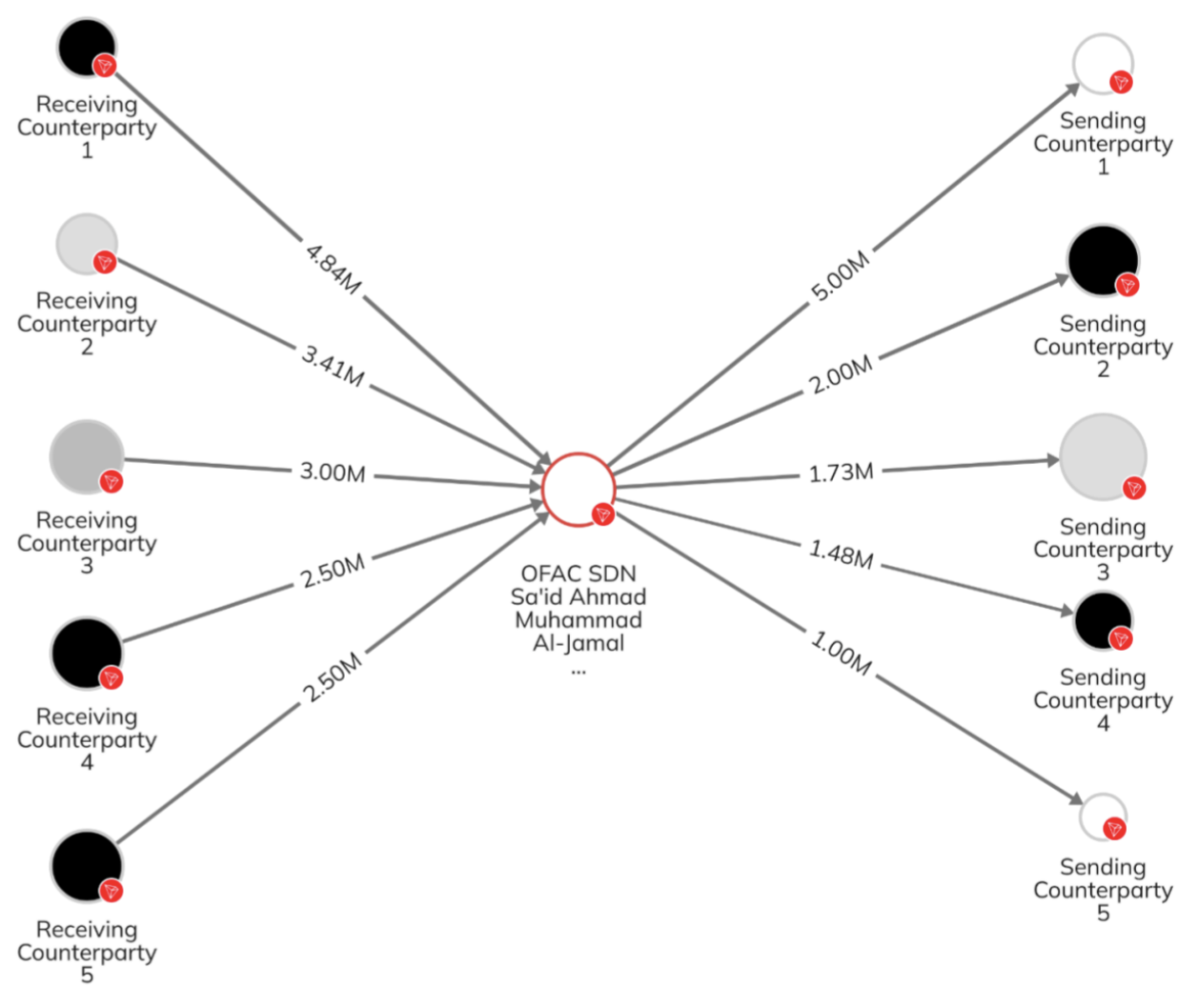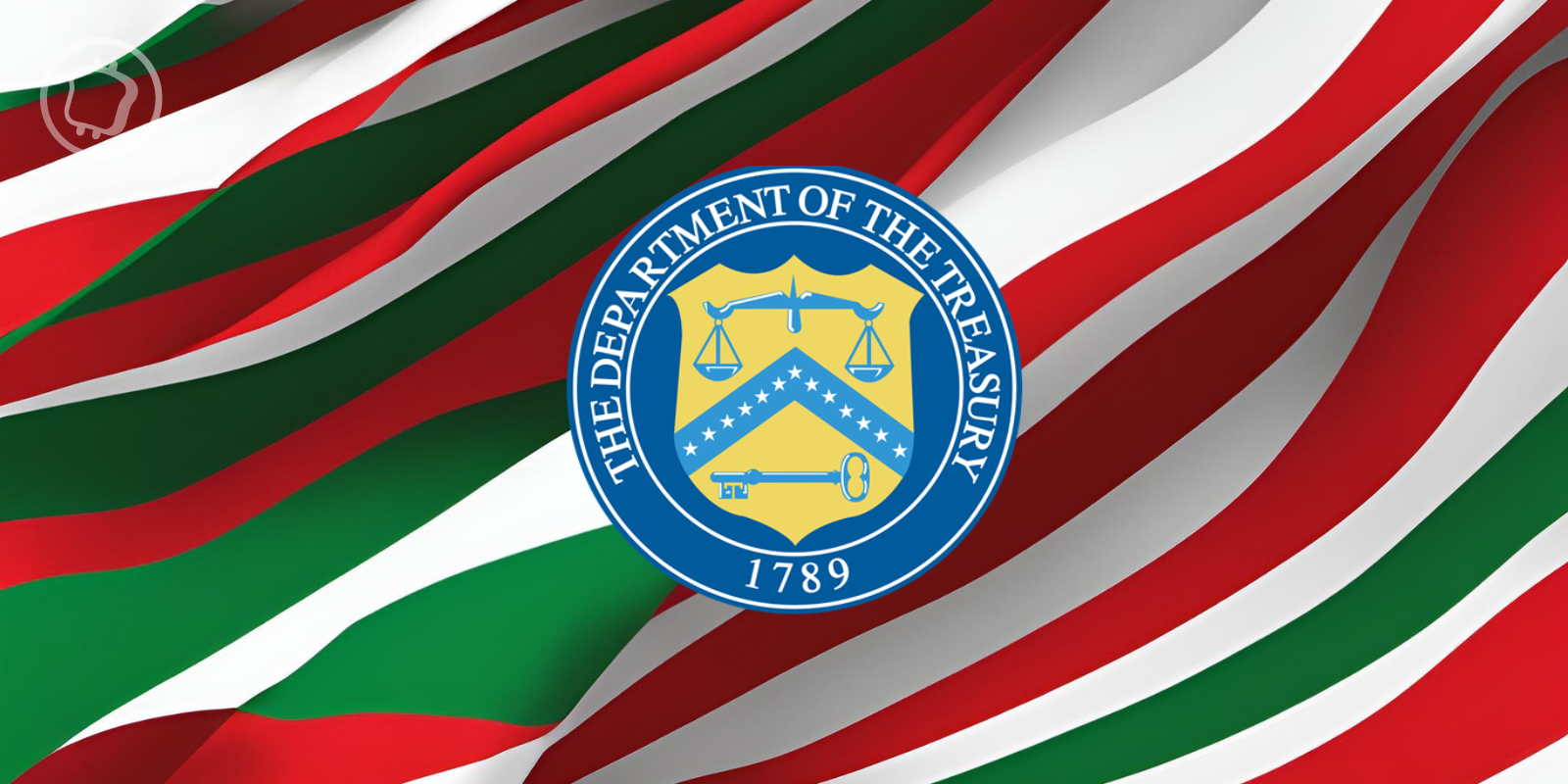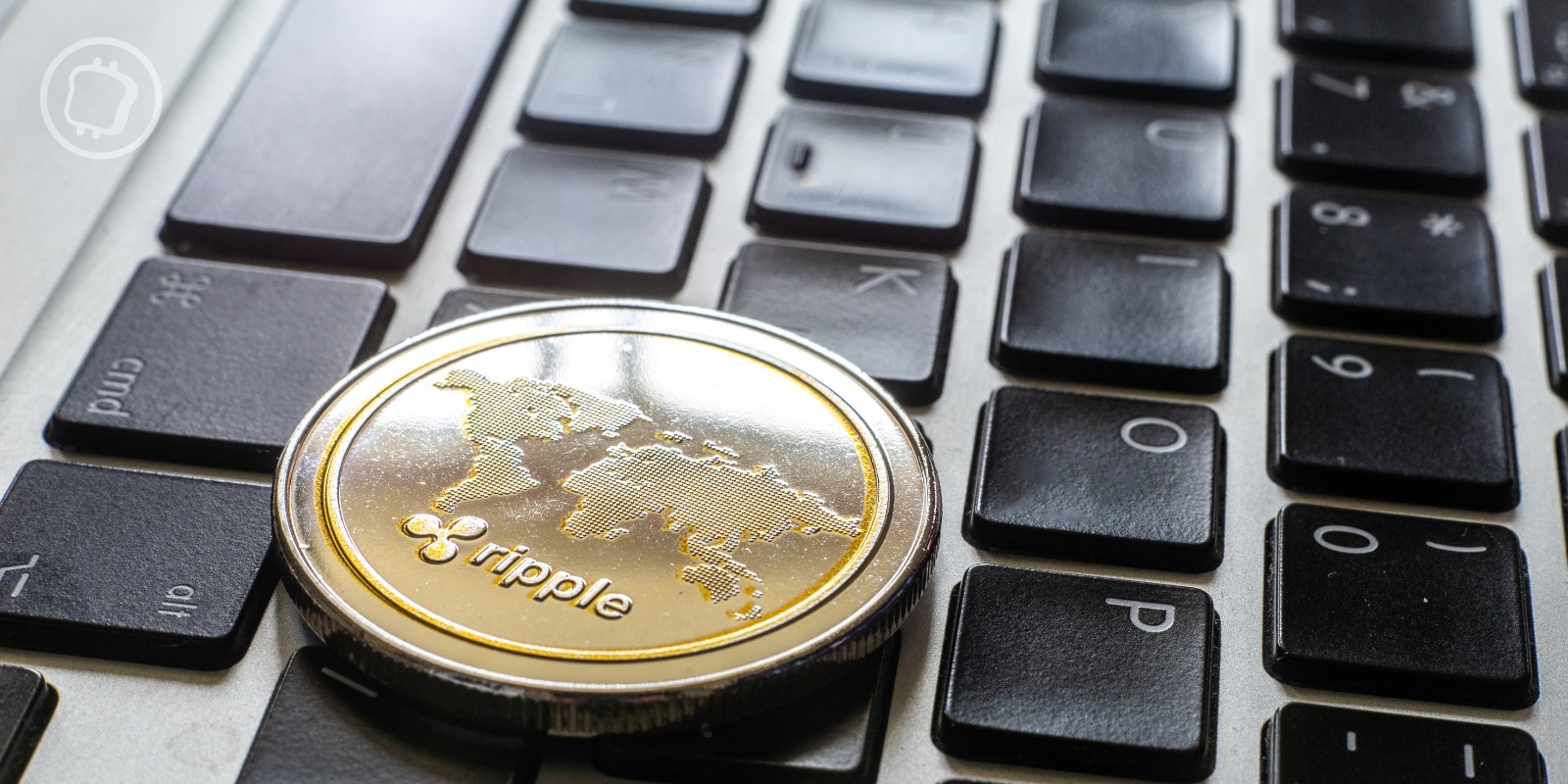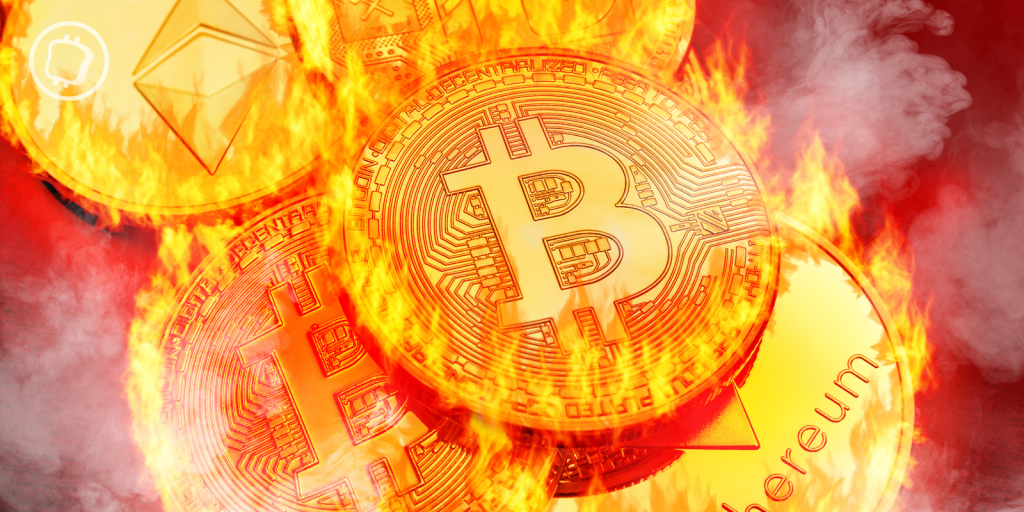OFAC sanctioned Sa'id al-Jamal and his network for their involvement in illicit activities linked to the Houthis, including arms trafficking and the use of cryptocurrencies to circumvent sanctions. This action underscores the United States' commitment to disrupting funding to the Houthis, while highlighting their strategic connections to Iran, China and Russia.
Sa'id al-Jamal's network exposed by blockchain traceability
The U.S. Department of the Treasury, through the Office of Foreign Assets Control (OFAC), has sanctioned 12 individuals and entities involved in arms trafficking, money laundering and the illicit shipment of Iranian oil to the benefiting the Houthi rebels in Yemen.
Among those targeted is Sa'id al-Jamal, identified as a financial supporter of the Houthis based in Iran. He runs a network of front companies and ships that smuggle contraband to customers in the Middle East.

The U.S. Treasury Department's OFAC updated its designation, imposing sanctions against him and his network, blocking his assets and banning U.S. persons from transacting with him.
This update notably concerns the addition of 5 crypto addresses belonging to him, thus revealing the use of cryptocurrencies to circumvent international sanctions and finance his illicit activities.
Although these funds passed outside of traditional financial systems, the transparent nature of blockchain made their traceability much easier.
While Sa'id al-Jamal used shell companies to launder his money in traditional finance, he seems to have wanted to reproduce these processes identically on the blockchain. A strategy that is of little relevance when each transaction is recorded on a public register, allowing Chainalysis analysts and OFAC to follow these movements.
Thus, the analysis of the transactions associated with these 5 wallets shows that over a period of 1 year, Sa'id al-Jamal received more than 178 million dollars, mainly in USDT, on the TRON network.

Average transfers were around $638,000, with more than 200 transactions exceeding $500,000 and one even reaching $6.8 million.

Analysis graph of Sa'id al-Jamal's 5 wallets, by Chainalysis Reactor
€20 offered when you register on Bitvavo
OFAC reveals extent of Houthis' international connections with China, Russia and Iran
This action by the U.S. Treasury underscores the authorities' continued commitment to disrupting illicit financial activities linked to Iran and its proxies in the region.
Today's action underscores our commitment to leveraging all of our tools to disrupt Houthi efforts to acquire weapons, procure dual-use components, and obtain additional revenue.
This is not the first time that the use of cryptocurrency by Iranian proxies has been thwarted. In June 2023, $1.7 million was seized by Israeli authorities from a joint infrastructure of Hezbollah and Iran's Islamic Revolutionary Guard Corps (IRGC).

The Houthis have developed an international strategic reach beyond their ties to Iran, establishing commercial and logistical connections with China and Russia.
This year, a deal with Chinese and Russian officials saw the Houthis pledge to protect the 2 countries' maritime assets in the Red Sea in exchange for diplomatic support. Furthermore, Yemeni mercenaries linked to the Houthis have been sent to Ukraine, while Russia maintains contacts and arms transfers to the group.
Remember that the power and effectiveness of OFAC sanctions lie as much in its ability to include individuals on the list of specially designated nationals (SDN) as in its willingness to remove some of them.
The ultimate goal of sanctions “ is not to punish, but to bring about a positive change in the behavior of the targeted entities or individuals », Specifies the authority in its press release.
Ledger: the best solution to protect your cryptocurrencies
Sources: Chainalysis; Treasury.gov
The #1 Crypto Newsletter
Receive a summary of crypto news every day by email
Some links in this article may be affiliated. This means that if you buy a product or register on a site from this article, our partner pays us a commission.
Investments in cryptocurrencies are risky. There is no guaranteed high return, a product with high return potential involves high risk. This risk-taking must be in line with your project, your investment horizon and your capacity to lose part of this savings. Do not invest if you are not prepared to lose all or part of your capital












